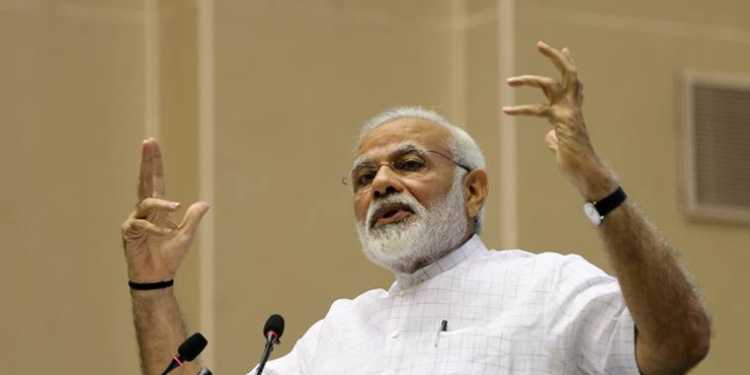“It is labor alone that is productive: it creates wealth and therewith lays the outward foundations for the inward flowering of man.”
― Ludwig von Mises, Liberalism: The Classical Tradition
How true the above quote is. While we talk about nation-building, the massive labour force of India is left out at times. Governments, irrespective of whoever is in power, irrespective of whichever ideology it follows, must take care of its labour force because the foundation of the economy is its people and not crony capitalists.
Earlier this year the union labor ministry had issued a notification that would allow fixed-term employment across sectors. It also approved moves by some of the states to bring about an amendment in the Industrial Disputes Act, so that factories employing up to 300 workers can close or retrench labor without seeking government approval.
The draft notification on fixed-term contracts is part of the Industrial Employment (Standing Orders) Central (Amendment) Rules, 2018, and enables companies to hire workers for the short term, the Economic Times had reported in January.
The Niti Aayog think tank had earlier recommended extending fixed-term employment to all sectors beyond the apparel sector in its three-year action plan unveiled last year.
The previous fixed-term employment was only allowed in the apparel manufacturing sector. The cabinet had recently said it could be extended to footwear, leather and the accessories sector to help “attract large-scale investments at global scale”.
Keeping true to its intent, the Modi government has modified labor rules to encourage fixed tenure or contract jobs across all industries. This signals a shift in employment generation strategy, from job security to job creation.
It also comes at a time when a report by KPMG and FICCI says that the tourism sector is generating 25.9 million jobs and a GDP of Rs 141.1 billion. For a country like India which is strong in terms of human resource, jobcreation is the key to its becoming a global power.
The recent move by the Modi government is aimed at giving companies more flexibility in hiring employees, and is expected to boost the creation of jobs. It will also help India climb the World Bank’s ease of doing business ranking as it removes restrictions on the firing of employees.
The changes, made through a gazette notification dated 16 March, come at a time when the government is looking to address the problem of growth sans jobs —a major political challenge for the government ahead of the general election due in 2019.
The rules assure that pay parity and statutory benefits will be applicable to fixed-term contract workers. Fixed-term workers who have served for three consecutive months will get two weeks’ notice, and those who have not will be informed of the reason for their retrenchment in writing.
According to an International Labor Organization report released in January, while the overall unemployment rate in India is around 3.5%, it is much higher for the 15-24 age group or those believed to be first-time workers. Modi government’s moves are likely to benefit them especially.























